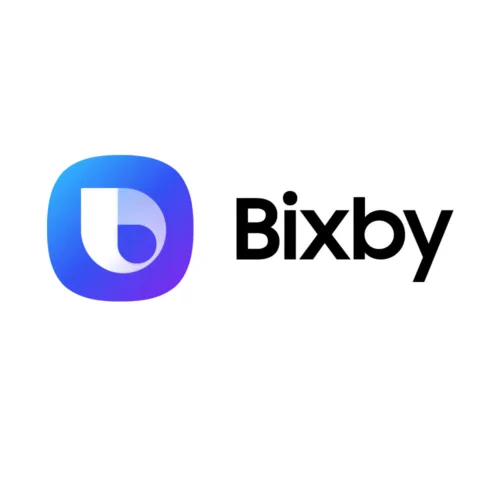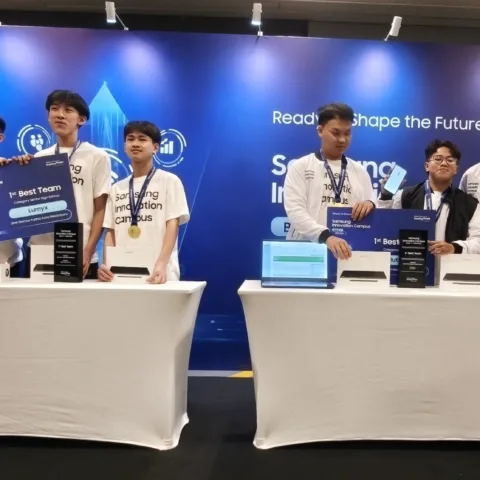
Government’s plan to apply tax towards e-commerce players isn’t a joke, as they are currently finalizing the blueprint with related parties. Rudiantara, our Minister of Communication and Information, claimed that his team have discussed with the Ministry of Finance in regard to materialize the regulation. He even said that it’s not only e-commerce which will be the subject of this plan, but also over the top (OTT) players that have transactions as well.
Actually, this regulation has been the theme of discussions for years. However, the materialization remains unseen up until now.
Association of E-commerce Indonesia (idEA)’s Head Daniel Tumiwa questioned the government regarding the tax implementation’s exact procedure.
“As long as I know, e-commerce players have paid their tax, like the VAT for instance,” he said.
As it’s still unclear, Tumiwa was reluctant to comment further on the impact of the implementation towards e-commerce industry, be it from the providers, merchants, or transactions.
“It need to be clear in term of who really should pay the tax, is it the website owners, merchants, or someone else. The procedure must be clear as well,” Tumiwa, who is currently the Vice President Digital Business at Garuda Indonesia, added.
According to the regulation from the Directorate General of Tax which is stated on the Attachment of Circular Letter Number SE-62/PJ/2013 about the Confirmation of Tax Regulation towards E-commerce, there are four e-commerce business models which will be afflicted by the tax, including marketplace concept (websites which provide internet services for merchants who want to sell online), classified ads (poster of text, video, or image-based ads), daily deals (voucher trader), and online retailers.
From the players’ point of view, Elevenia, XL Axiata and SK Planet’s Joint Venture, stated that the company has paid the tax according to the applied law already. Lila Nirmandari, Elevenia’s Chief Financial Officer, suggested that the government should confirm about the tax implementation as clear as possible.
“If the implementation is a substitute to existing regulation, we need to know why. The e-commerce industry in Indonesia is actually still at its investment stage, not yet monetization,” she reasoned.
The e-commerce industry in Indonesia is indeed in a growing phase these past few years. Even though the penetration of e-commerce is still low due to the limited internet access and devices, A lot of players remain perceive the industry as a sexy target. A number of local e-commerce-based startups even enjoy capital injections from foreign investors. Tokopedia, for instance, received stunning investment worth of Rp 1,2 trillion from SoftBank Internet and Media, Inc (SIMI) and Sequoia Capital back in October 2014.
According to a joint research by idEA, Google Indonesia, and Taylor Nelson Sofres (TNS), e-commerce market in Indonesia is predicted to be tripled to US$ 25 billion (around Rp 295 trillion) by 2016.
At Elevenia’s marketplace, Nirmandari claimed, merchants who are classified into Taxable Entreprise definitely pay their taxes. Therefore, the government should design regulations that support the growth of e-commerce industry in Indonesia.










